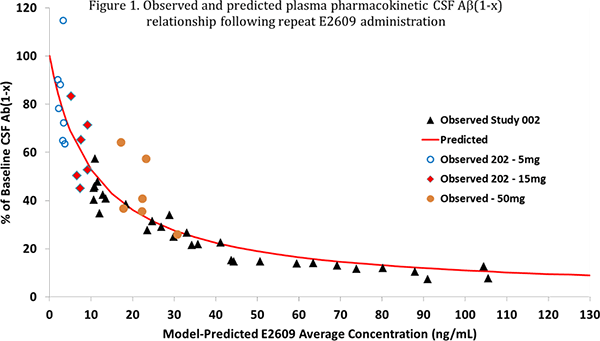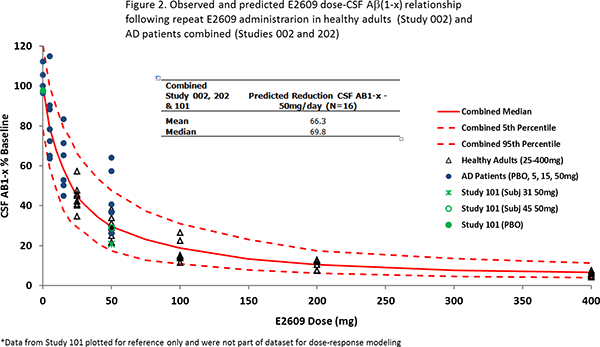INTERIM ANALYSIS OF PHASE Ib/II STUDY OF ERIBULIN AND PEMBROLIZUMAB COMBINATION REGIMEN IN METASTATIC TRIPLE NEGATIVE BREAST CANCER PRESENTED AT SAN ANTONIO BREAST CANCER SYMPOSIUM
Eisai Co., Ltd. (Headquarters: Tokyo, CEO: Haruo Naito, “Eisai”) announced today that the results of an interim analysis of a Phase Ib/II clinical study (Study 218) of its in-house discovered and developed anticancer agent eribulin mesylate (halichondrin class microtubule dynamics inhibitor, product name: Halaven®, “eribulin”) in combination with the anti-PD-1 antibody pembrolizumab developed by Merck & Co., Inc., Kenilworth, NJ, USA (known as MSD outside the U.S. and Canada), in patients with metastatic triple-negative breast cancer have been presented at the 39th Annual San Antonio Breast Cancer Symposium held from December 6 to 10, 2016. Development of this combination regimen is being conducted jointly under the cooperation of both companies.
Study 218 is a Phase Ib/II clinical study which examined the activity and safety of eribulin in combination with pembrolizumab in 95 patients with metastatic triple-negative breast cancer previously treated with 0 – 2 lines of chemotherapy in the metastatic setting. The primary objective of the Phase Ib part was safety and tolerability, and the primary objective of the Phase II part was objective response rate (ORR).
This presentation reported on the results of an interim analysis of 39 evaluable patients out of the 89 patients enrolled in the study as of July 2016. Eribulin (1.4 mg/m2intravenously on Day 1 and Day 8) and pembrolizumab (200 mg intravenously on Day 1) were administered to patients over 21 day cycles. From the results of the study, ORR was 33.3% (1 patient experienced a complete response and 12 patients experienced a partial response). In addition, the ORR was similar between PD-L1 positive and negative cohorts.
In this study, the most common treatment-emergent adverse events (incidence greater than or equal to 35%) in patients treated with the combination regimen were fatigue, nausea, peripheral neuropathy, neutropenia and alopecia, with Grade 3 or higher Treatment-Emergent Adverse Events (TEAEs) observed in 66.7% of patients. The most common Grade 3 or higher TEAEs (incidence greater than or equal to 7%) observed were neutropenia (30.8%) and fatigue (7.7%).
Eribulin is a halichondrin class microtubule dynamics inhibitor with a novel mechanism of action. Recent non-clinical studies showed that eribulin is associated with increased vascular perfusion and permeability in tumor cores.1 Eribulin promotes the epithelial state and decreases the capacity of breast cancer cells to migrate and invade.2 It was first approved for use in the treatment of metastatic breast cancer in the United States in November 2010, and is currently approved for use in the treatment of patients with breast cancer in over 60 countries including Japan and countries in Europe, the Americas and Asia.
Eisai positions oncology as a key therapeutic area, and is aiming to discover revolutionary new medicines with the potential to cure cancer. As exemplified by this combination regimen, Eisai remains committed to providing further clinical evidence for eribulin aimed at maximizing value of the drug as it seeks to contribute further to addressing the diverse needs of, and increasing the benefits provided to, patients with cancer, their families, and healthcare providers.



